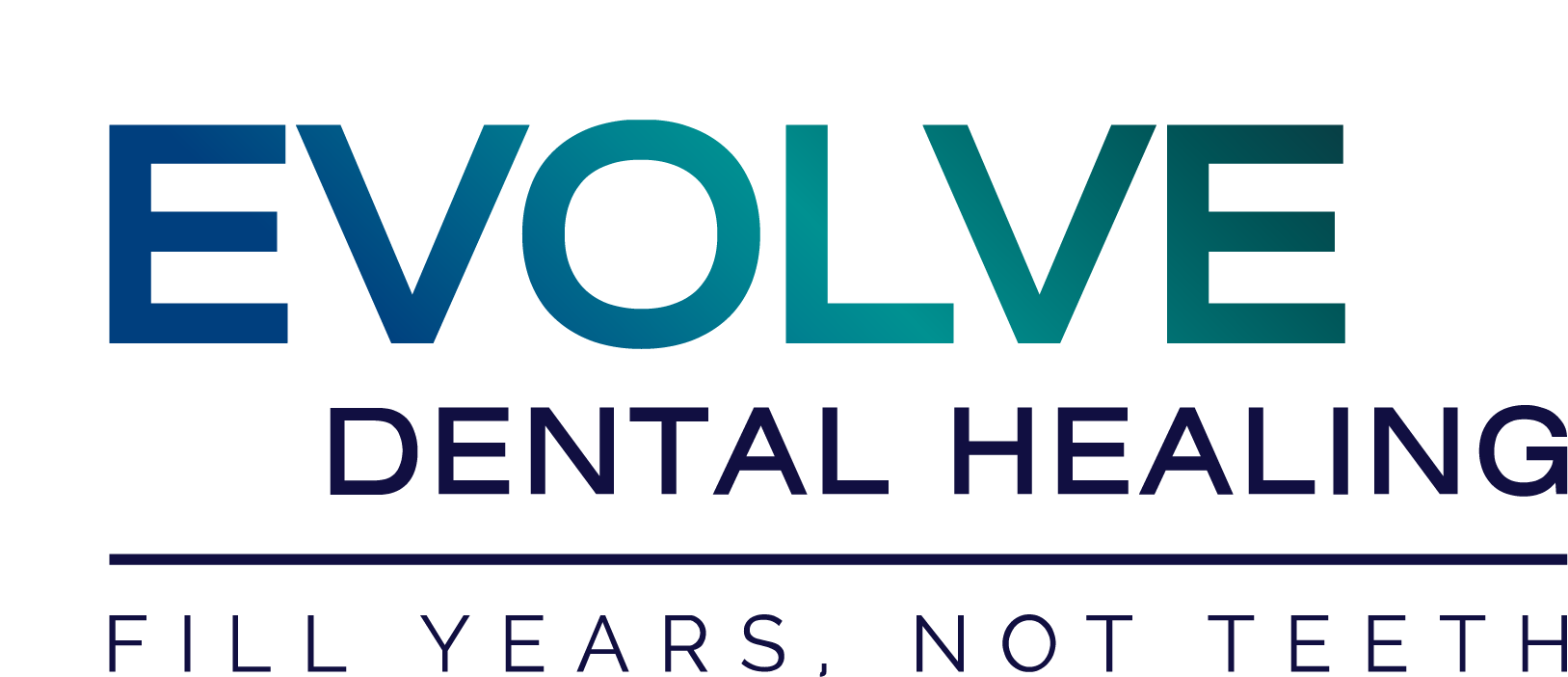Immune System

Boosting The Immune System
The immune system is essential for good health it plays a vital role in protecting the body from the vast numbers of disease-causing organisms and other substances it comes into contact with.
The role of the immune system is to distinguish between normal body cells and foreign or abnormal cells. Immune balance is the key as overactivity leads to allergies and autoimmune diseases and under activity increases the risk of infections. The immune system is also vital for recognising and destroying cancer cells.
What Is The Immune System
The immune system is composed of specialized tissues, organs, cells and chemicals that identify and destroy foreign invaders. The skin and mucous membranes form a barrier against unwanted organisms and substances. Immune cells include white blood cells such as T lymphocytes, which have many functions and control other immune cells; and B lymphocytes, which produce antibodies. There are also natural killer cells and scavenger cells known as monocytes and macrophages, which engulf foreign particles. The cells of the immune system also produce substances such as interferon, which has anti-viral effects.
To keep the immune system working well is essential to maintain good general health. It is important not to allow infections to persist as this puts a strain on the immune system e.g. infected wisdom teeth. Diet, medications, pollution, toxic chemicals, stress and emotional states all affect the immune system. Medications like antibiotics and steroids adversely affect the immune system. Improving lymphatic circulation with exercise, massage and good fluid intake can help to boost the immune system.
Autoimmune Diseases
An autoimmune disease is one in which the immune system mistakenly attacks the body’s own tissues. Some of the most common autoimmune diseases include arthritis, systemic lupus erythematosus (SLE), Hashimoto’s thyroiditis and inflammatory bowel disease. Autoimmune diseases may have a genetic component and may also be caused by infections and injuries. Stress and emotional factors, diet and lifestyle also seem to contribute to autoimmune conditions.
Allergy
An allergy is an inappropriate response by the immune system to a substance that is usually harmless. There are many causes of allergy, the most common being airborne particles such as mould, dust and pollen, certain foods, chemicals and drugs. Allergic responses play a role in many disorders, including asthma and hayfever and digestive disorders.
Diet and immune function
Nutrition plays a vital role in the functioning of the immune system and a poor diet increases the susceptibility to infection and exacerbates autoimmune diseases. Even single nutrient deficiencies can compromise the immune system. Infections also increase the demand for nutrients to help fight infection and repair the damage to tissues.
The effectiveness of the immune system declines with age and the elderly are often more susceptible to infection. Recent studies have shown that supplementing the elderly with single nutrients or mixtures of vitamins and minerals at levels that exceed the RDAs significantly improves certain components of the immune response.
Vitamins, minerals and immunity.
Vitamin and mineral supplementation can play an important role in the maintenance of normal immune function test results show that immune function was enhanced in groups receiving supplements but not in the group receiving the placebo.
Antioxidants
Antioxidants are vital for maintaining optimal immune function as they act to prevent free radical damage to immune cells and to the thymus gland. This gland plays an important role in ensuring optimal immune function, via effects on white blood cells and other parts of the immune system.
Vitamin A
Vitamin A is vital for the development of the body’s barriers to infection and stimulates and enhances many immune functions, including antibody response and the activity of various white blood cells such as T helper cells and phagocytes. This immune-enhancing function promotes healing of infected tissues and increases resistance to infection. Episodes of acute infection may deplete body stores of vitamin A this suggests that vitamin supplements may be required during infection.
Vitamin A supplements have been used to enhance resistance to infection and to treat measles and respiratory infections.
Beta carotene
Beta carotene has been shown to stimulate and enhance many immune system processes. It increases the numbers of immune cells such as B and T lymphocytes and may enhance natural killer cell activity. T cells play a very important role in determining the immune status and are produced by the thymus gland, which is particularly sensitive to free radical damage. Beta carotene protects macrophages, white blood cells which engulf and destroy foreign substances. It also facilitates communication between immune cells and makes the stimulatory action of interferon on the immune system more powerful.
Vitamin C
Vitamin C is critical to immune function as it is involved in antibody production and white blood cell function and activity. Other functions include the production of interferon, an antiviral and anticancer substance. Vitamin C requirements are raised when the immune system is under stress. Vitamin C has also been shown to help the immune system recover from exposure to toxic chemicals. Vitamin C may reduce the duration of the common cold and also the severity of symptoms such as sneezing, coughing and sniffling. Its use as a cold treatment is controversial but it seems to have several effects, including reducing blood levels of histamine which can trigger tissue inflammation and a runny nose. It may also protect the immune cells and surrounding tissue from damaging oxidative reactions that occur when cells fight bacteria.
Vitamin E
Vitamin E is essential for the maintenance of a healthy immune system as it protects the thymus gland and circulating white blood cells from damage. Vitamin E is particularly important in protecting the immune system from damage during times of oxidative stress and chronic viral illness.
Selenium
Selenium is important in maintaining resistance to disease. As part of the antioxidant enzyme, glutathione peroxidase, it may enhance immune function by protecting white blood cells from free radical damage. It also appears to increase antibody production, and accelerate the production of white blood cells and enhance their effectiveness in attacking and destroying harmful microorganisms.
B vitamins
B vitamins are also essential for the functioning of a healthy immune system. Vitamin B6 plays a vital role in maintaining a healthy immune system by affecting functions such as cell multiplication and antibody production. Many different aspects of the immune system are affected by vitamin B6 deficiency including the quality and quantity of antibodies and the number of white blood cells. Vitamin B12 deficiency leads to reduced numbers of white blood cells which cause increased susceptibility to infection. Biotin deficiency also affects the functioning of the immune system. Pantothenic acid is necessary for the synthesis of antibodies and is also involved in wound healing. Supplements have been used to boost immunity during viral infections and to speed up wound healing.
Vitamin D
Vitamin D is involved in the regulation of the immune system. It has several functions, including effects on white blood cells known as monocytes and lymphocytes, and seems to suppress some immune functions. Because of its effects on the immune system, many researchers are investigating the possibility of using vitamin D and related compounds to treat autoimmune disorders and to suppress the rejection of transplanted organs.
Copper
Copper is important in developing resistance to infection. Copper deficiency can lead to reduced resistance to infection as white blood cell activity and cellular immune responses are reduced. The ratio of zinc to copper may also affect immune system effectiveness. Susceptibility to disease seems to increase when copper intake is high and zinc intake is low.
Iron
Iron is involved in the maintenance of a healthy immune system and the immune response can be impaired in iron-deficient people. Chronic yeast infections and herpes infections may be more common in people who are iron-deficient. Certain types of immune cells rely on iron to generate the oxidative reactions that allow these cells to kill off bacteria and other pathogens. When iron levels are low, these cells cannot function properly.
However, iron is an important nutrient for bacteria and in conditions where iron levels in the tissues are too high, such as the iron overload disorder haemochromatosis, defense against bacterial infections may be impaired. Excess iron can also generate free radicals which can damage the immune system.
Zinc
Zinc is considered one of the most important nutrients for the immune system as it is necessary for the healthy antibody, white blood cell, thymus gland and hormone function. It is therefore vital in maintaining resistance to infection and in wound-healing. Immune function is affected by zinc deficiency, which results in a decrease in the numbers of several types of T cells, natural killer cells and other components of the immune response. This leads to increased susceptibility to infection and wound-healing time.
Zinc supplementation improves immune function in those who are deficient. It increases the activity of the thymus gland, improves antibody responses and enhances the functioning of white blood cells. It has been shown to inhibit the growth of bacteria and possibly viruses. Zinc supplements have also been shown to boost levels of interferon, a protein which is formed when cells are exposed to viruses and which helps to fight infection.
Coenzyme Q10
Coenzyme Q10 supplements have also been shown to improve immune function.
Essential fatty acids
Essential fatty acid deficiency may adversely affect immune function and supplements may be useful in promoting optimum function. Studies on the immune T cells in cancer patients taking fish oil capsules suggest that omega-3 fatty acids bring about beneficial changes. Essential fatty acids are also used to treat autoimmune disorders.
Herbal medicine
There are several herbs which have powerful immune-enhancing effects. These include echinacea (Echinacea angustifolia and E. purpurea), astragalus (Astragalus membranaceous), goldenseal (Hydrastis canadensis), licorice (Glycyrrhiza glabra), and garlic (Allium sativum).
-
Dr. Rachel Hall
Rachel is the founder and principal dentist at Evolve Dental Healing with over 30 years experience, practising holistically since 2001. Not your typical dentist, Rachel is a passionate opinion leader, challenging convention to empower people to make better dental and health choices, helping thousands to have healthy natural smiles. A respected writer and presenter on holistic dentistry, health and wellness it is Rachel’s mission to revolutionise the way people look at their dental health.
Talk to us for more details and information
CONTACT US
67 Kenmore Road
Kenmore Queensland 4069
Phone: 07 3720 1811
Fax: 07 3720 1899
Email: info@evolvedental.com.au
OPENING HOURS
Monday – Friday: 7:30am – 5:30pm
References and Citations Mercury & Amalgam Fillings




